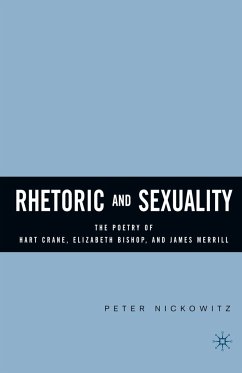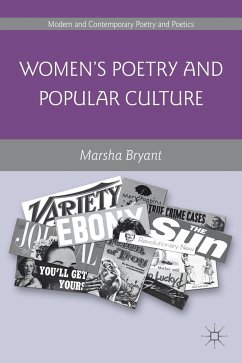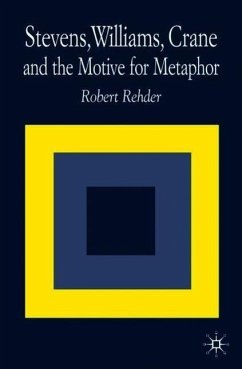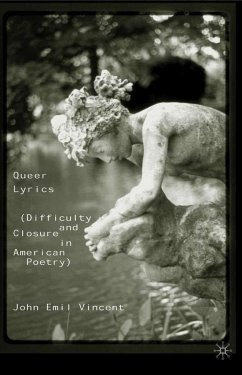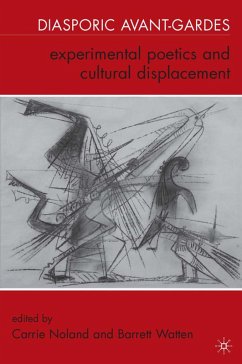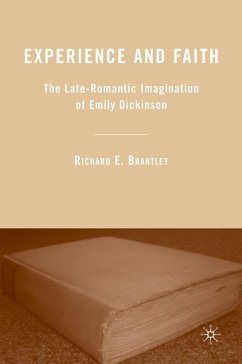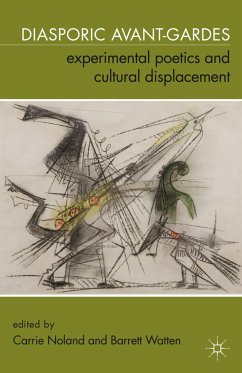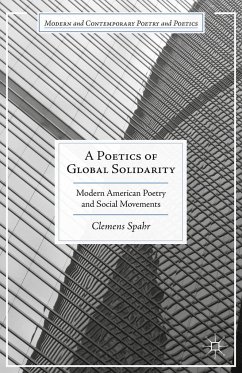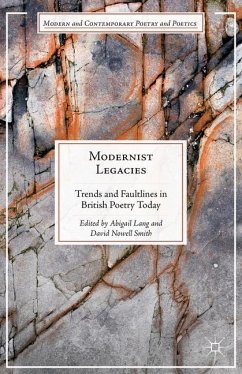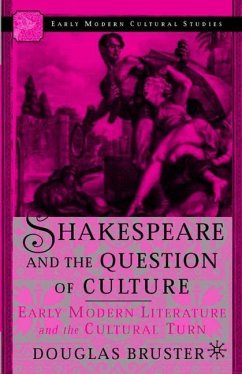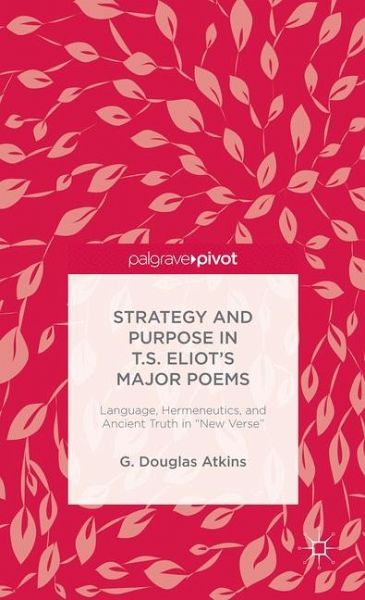
The Representation of Old Truths in T.S. Eliot's New Verse

PAYBACK Punkte
19 °P sammeln!
Continuing his explorations of T. S. Eliot's most captivating yet difficult works, G. Douglas Atkins' new and insightful book takes on the question of Eliot and hermeneutics: understanding and being understood, putting-in-other-words, and, in Eliot's own words, 'restoring/ With a new verse the ancient rhyme.' This perspective opens new paths towards the elucidation of Ash-Wednesday and Four Quartets, in particular. Addressed to both the specialist and the non-specialist, the close, meditative readings that form the center of this engaging book mirror its subject, capturing an instance of the '...
Continuing his explorations of T. S. Eliot's most captivating yet difficult works, G. Douglas Atkins' new and insightful book takes on the question of Eliot and hermeneutics: understanding and being understood, putting-in-other-words, and, in Eliot's own words, 'restoring/ With a new verse the ancient rhyme.' This perspective opens new paths towards the elucidation of Ash-Wednesday and Four Quartets, in particular. Addressed to both the specialist and the non-specialist, the close, meditative readings that form the center of this engaging book mirror its subject, capturing an instance of the 'impossible union' of differences and opposites that lay at the heart of Eliot's Incarnational understanding.





